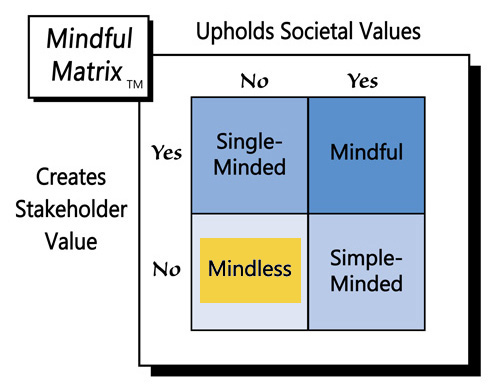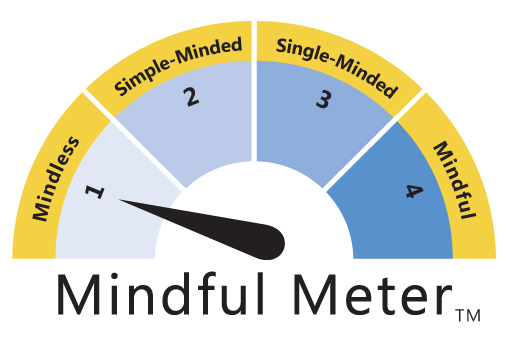In order to promote its Teen Financial Education Day on September 17, the nation’s leading mortgage lender created two different print ads, both featuring young people in their future careers. One was of a girl entering engineering, the other of a boy beginning botany. At first glance, the ads seemed edifying. A closer review of the copy, however, raised the ire of many:
“A ballerina yesterday. An engineer today.”
“An actor yesterday. A botanist today.”
Both ads also contained the tagline “Let’s get them ready for tomorrow,” alongside the pictures of the talented teens. So, weren’t the ads a nice way of encouraging young people to pursue their dreams? Although some may have had that interpretation, many others saw condescension aimed at acting and dancing, as well as at an entire segment of society: the arts. Among the many negative reactions were the following tweets:
- “Apparently @WellsFargo doesn't think that an actor or a ballerina require any work at all! Shame” (@CynthiaEriVo).
- “Dear @WellsFargo: This ad stinks. Sincerely, An actor whose mortgage you hold #theatre #dance #grownupscanbeactors” (@JK_Ready).
- “*whispers. We make more money than your botanistttttttttttt. Wells FarGoooooo... awayyyyyyy” (@ChrisMzCarrell).
In addition, a variety of well-known artists condemned the ads. Among those speaking out were: songwriter Robert Lopez (“Frozen”), singer Josh Groban, and actors Anthony Rapp(“Rent”), Cynthia Erivo (“The Color Purple”), and Jenna Ushkowitz (“Glee”).
The last thing most companies want to do is to upset current customers or repel prospective ones. Perhaps, therefore, Wells Fargo had a noble purpose in mind for the ads. Many believe that STEM occupations (science, technology, engineering, and math) are the key to America’s economic future, yet many STEM-related jobs go unfilled because of too few qualified candidates. So, maybe Wells Fargo was trying to help reverse the trend and better position our nation for the future?
Unfortunately, there were at least three problems with Wells Fargo’s approach:
1) If Wells Fargo wanted to support STEM occupations, there are better ways to do so than by highlighting them in ads at the expense of other careers. The company has annual income over $22 billion and cash and cash equivalents over $713 billion. It would be easy, therefore, for Wells Fargo to write a check for several million dollars to support STEM education.
2) Even if nations need more STEM-educated workers than they now have, they still need others as well. What would a world look like without actors, dancers, musicians, painters, and other artists? By practicing their trades and sharing their talents, they make life more colorful and enjoyable for most of us. As suggested at the onset of this piece, every job is important in some way, and arts occupations make a very special contribution to society.
3) Just as not everyone is gifted to be a professional athlete or artist, not everyone is cut out to be a scientist, engineer, or mathematician. “Science is not something that you can just do. It requires [unique] talent and ability.” Rather than encouraging people to embark on career paths that are not right for them, we do better for individuals and society by “matching the appropriate talent with the appropriate opportunity.”
It’s unlikely that Wells Fargo’s antagonizing campaign created stakeholder value. The public backlash described above pretty much guaranteed the ads’ inefficacy in terms of moving people into mortgages or building brand equity. At the same time, the ads also failed to show respect for a key people group: those learning and working in the arts.
To Wells Fargo’s credit, it realized its mistake and apologized. The company tweeted: “Wells Fargo is deeply committed to the arts, and we offer our sincere apology for the initial ads promoting September 17 Teen Financial Day. They were intended to celebrate all of the aspirations of young people and fell short of our goal . . . Last year, Wells Fargo’s support of the arts, culture, and education totaled $93 million. ”
The company’s mea culpa was certainly a good thing; however, such remorse cannot reverse the damage already done. Wells Fargo’s alienation of the arts, therefore, will be remembered as an act of “Mindless Marketing.”
Learn more about the Mindful Matrix and Mindful Meter.
Check out Mindful Marketing Ads and Vote your Mind!




 RSS Feed
RSS Feed